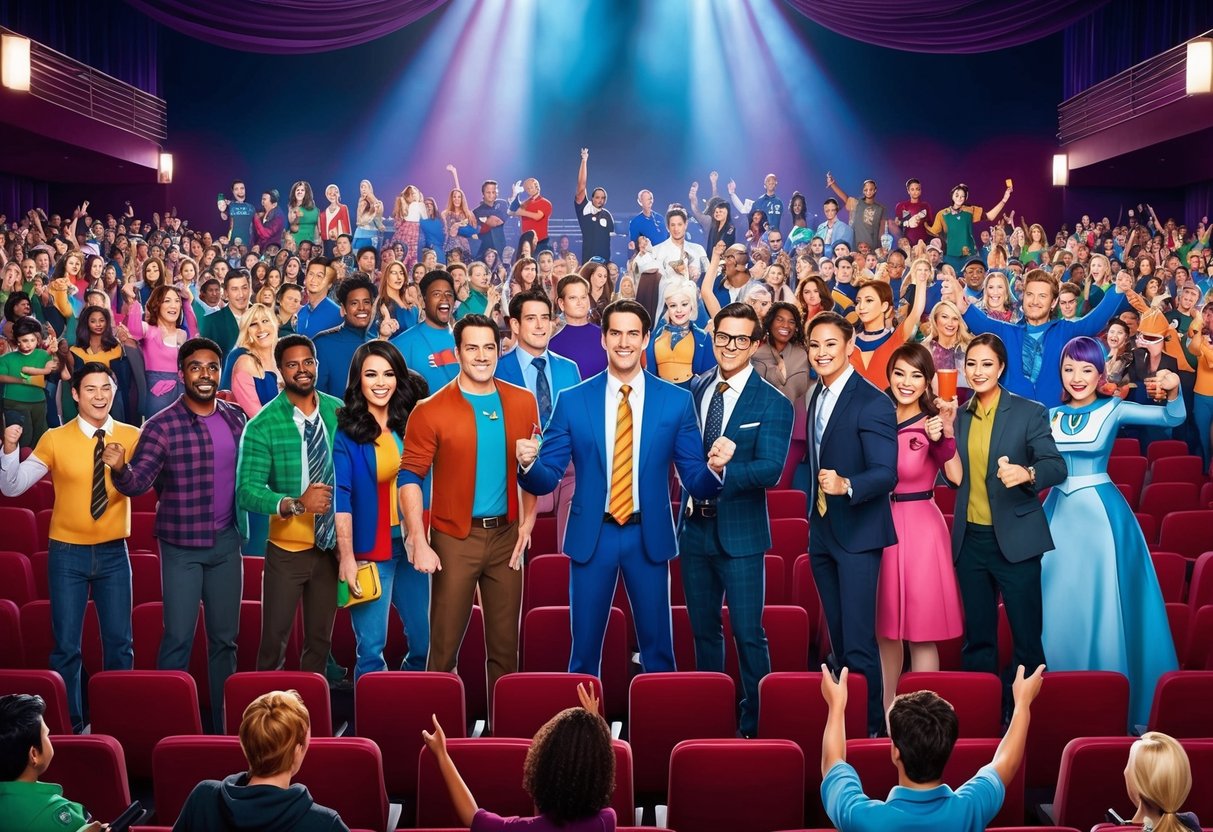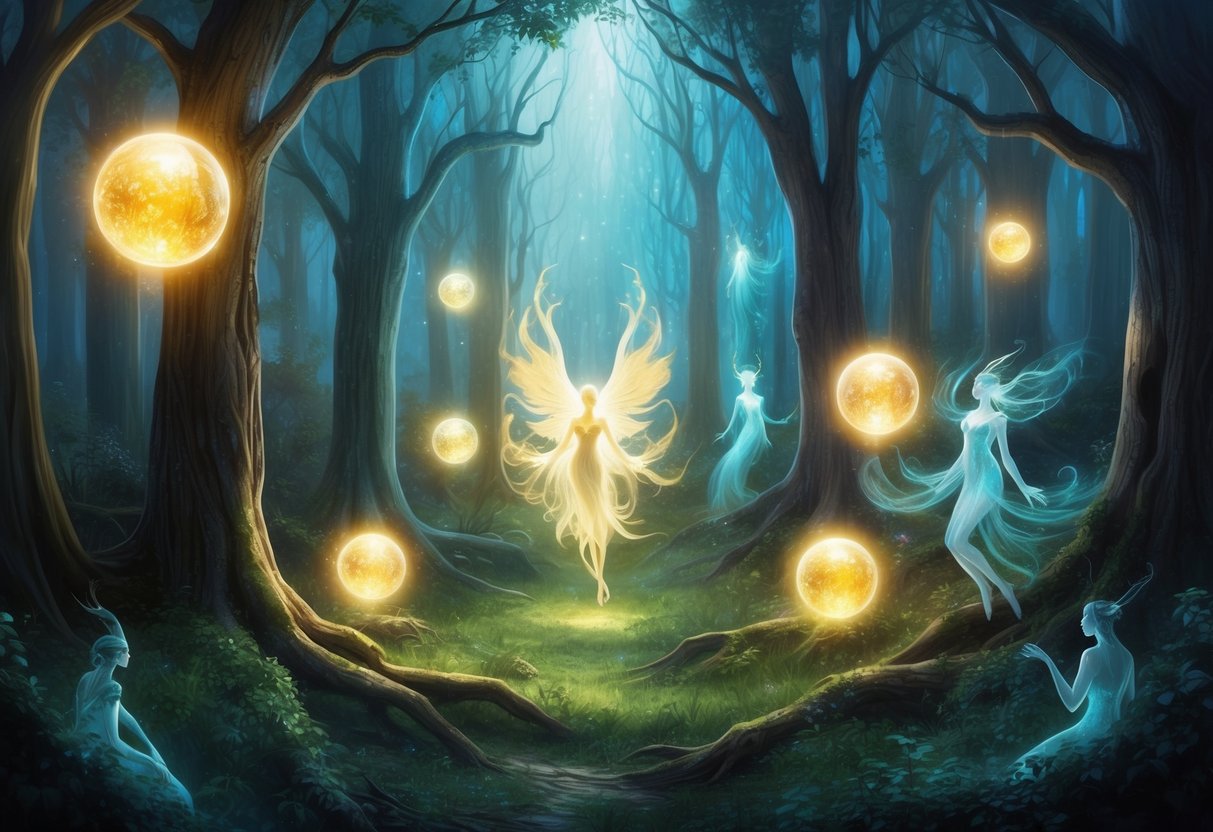
Arrested Development: Unconventional Humor and Critical Acclaim
Arrested Development redefined what audiences expected from a sitcom, blending sharp writing with intricate storylines and offbeat comedic timing. Its distinct approach helped it earn both widespread critical acclaim and a passionate cult following.
Unique Comedy Style
The show is known for its densely packed scripts, running gags, and layered jokes that reward attentive viewers. Arrested Development often uses narration from Ron Howard, creating a mockumentary feel while also moving the plot forward.
The series is full of visual puns, callbacks, and absurd scenarios that set it apart from more conventional TV comedies. Characters like Michael Bluth, Tobias Fünke, and Gob Bluth display exaggerated flaws, but are written with a nuance that appeals to fans of nuanced sitcom writing.
Physical comedy, wordplay, and satirical takes on family dynamics appear in nearly every episode, keeping the viewer engaged at multiple levels. Each episode packs rapid-fire references—making rewatching a rewarding experience as new jokes and details become apparent.
Long-Term Fan Support
Despite its critical success, Arrested Development struggled with mainstream ratings during its initial network run. This led to an early cancellation after three seasons, a decision that upset devoted fans and sparked plenty of online debate about the show’s future.
The show developed a dedicated online community that campaigned for its return, eventually contributing to its revival on streaming platforms like Netflix. Enthusiastic fans produced memes, recaps, and in-depth analyses, demonstrating their deep connection to the series.
Its cult following has kept Arrested Development relevant in pop culture discourse, spanning new generations of sitcom viewers. The show remains a touchstone for intelligent, unconventional comedy, inspiring similar series and maintaining its reputation as a landmark in television history.
The Walking Dead and American Horror Story: Modern Horror Phenomena
Among modern television, few series have reshaped the landscape of horror drama like The Walking Dead and American Horror Story. Their devoted fan bases, gripping storylines, and distinct takes on supernatural and apocalyptic themes have secured their places in pop culture.
Zombie and Supernatural Elements
The Walking Dead stands out for its intense portrayal of a post-apocalyptic world ruled by zombies. Drawing from the original comic series, the show uses graphic effects, makeup, and dramatic survival scenarios to create a chilling vision of societal collapse.
Characters are forced to make morally complex choices as they battle not just walkers, but also desperate human adversaries. In contrast, American Horror Story delivers a rotating mix of the supernatural, exploring ghosts, witches, cults, and more.
Each season is an anthology, featuring new horror themes and characters. With a focus on psychological horror and the occult, it creates a different but equally unsettling atmosphere, blending real-world fears with paranormal threats.
These supernatural elements have become key to the show’s appeal and its devoted viewership.
Influence on Horror Television
The Walking Dead expanded the reach of zombie apocalypse fiction into mainstream media, influencing numerous later series and films. Its ability to balance character-focused drama with horror sequences set new standards for serial storytelling in the genre.
The success of its spinoffs and related series highlights the enduring popularity of this theme. American Horror Story redefined expectations for horror series by using an anthology format, allowing it to explore new genres, periods, and supernatural subjects each season.
This approach attracted a broad audience and influenced many later anthologies. Fans seeking similar shows often mention titles like Hemlock Grove, Penny Dreadful, and Orphan Black, echoing the show’s genre-blending appeal as seen in recommendations by fans.
Both series have inspired new horror productions, blending drama, supernatural, and suspenseful storytelling in ways that continue to shape viewer expectations and the direction of horror television.
Supernatural and Angel: Legendary Shows About the Unknown

Both Supernatural and Angel achieved dedicated cult followings through their bold exploration of paranormal stories and memorable character arcs. These series tapped into the allure of underground mythology, attracting audiences with richly developed worlds filled with vampires, demons, and supernatural lore.
Vampires, Demons, and Mythology
Supernatural centers on brothers Sam and Dean Winchester as they hunt monsters, demons, angels, and ghosts across an ever-expanding American landscape. The show stands out for its use of urban legends, religious mythology, and creative monster-of-the-week episodes.
Over fifteen seasons, the Winchester brothers have faced vengeful spirits, shape-shifters, leviathans, witches, vampires, and archangels. Angel, a spin-off from Buffy the Vampire Slayer, follows the vampire Angel as he seeks redemption in Los Angeles.
The series dives deeply into demon hierarchies, prophecies, and shadowy secret societies. Its unique mix of noir atmosphere, complex lore, and morally ambiguous characters delighted fans drawn to intricate supernatural storytelling.
Together, these shows deliver a blend of dark fantasy and suspense grounded in rich world-building.
Legacy Within Genre Fandoms
Both Supernatural and Angel maintain a lasting legacy in genre fandoms, with passionate online communities, conventions, and fan art. Dedicated forums and social media groups discuss plotlines, character relationships, and supernatural beings in exhaustive detail.
The commitment of their followers has ensured these series remain relevant long after their original runs. Supernatural in particular is frequently ranked among the best supernatural TV shows ever, a testament to its wide appeal.
Angel continues to be cited as a classic in cult television discussions, ensuring its impact within TV history endures. Their long-lasting popularity highlights just how powerful a devoted cult following can be for shows centered on vampires, demons, and paranormal adventure.



